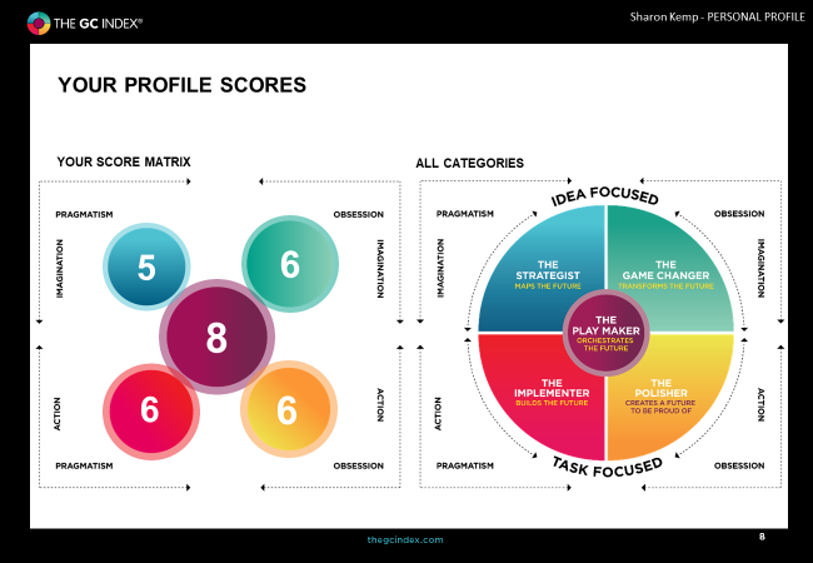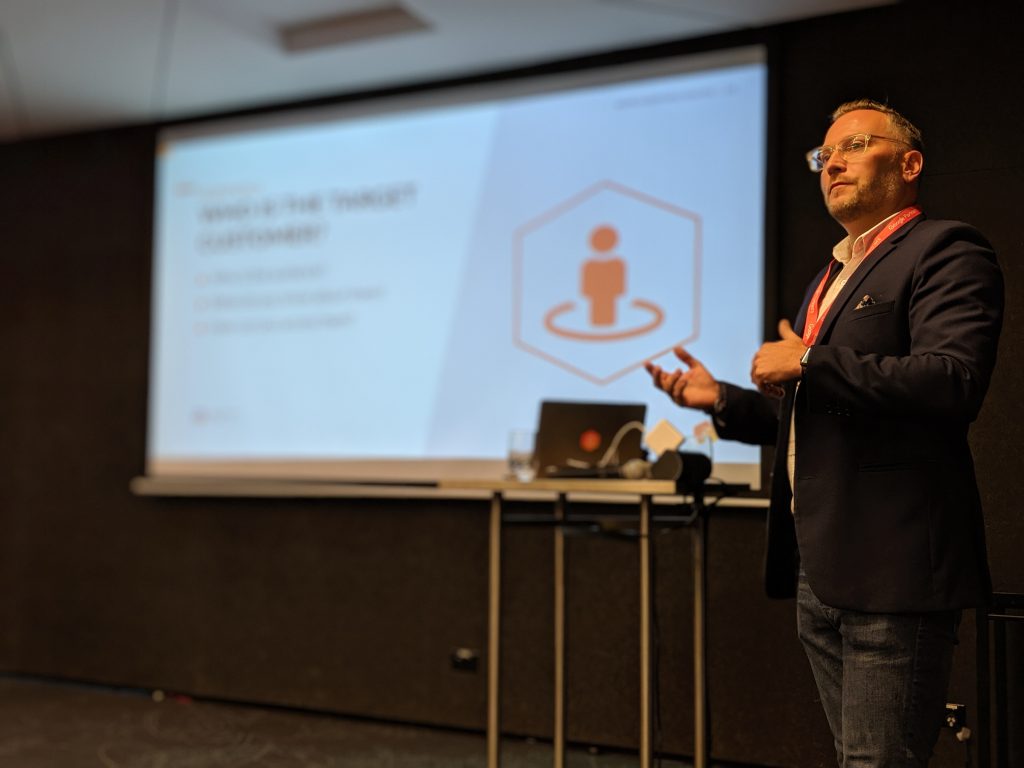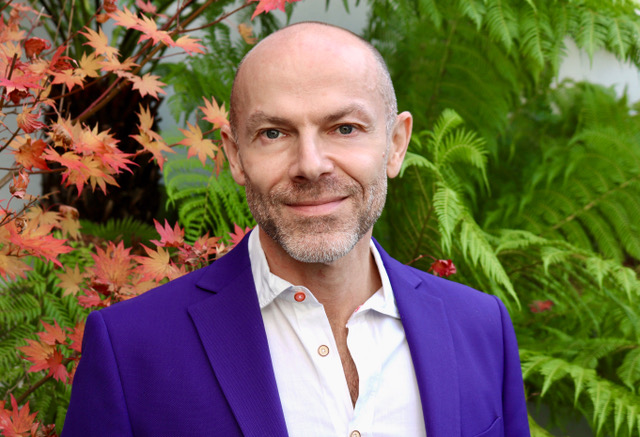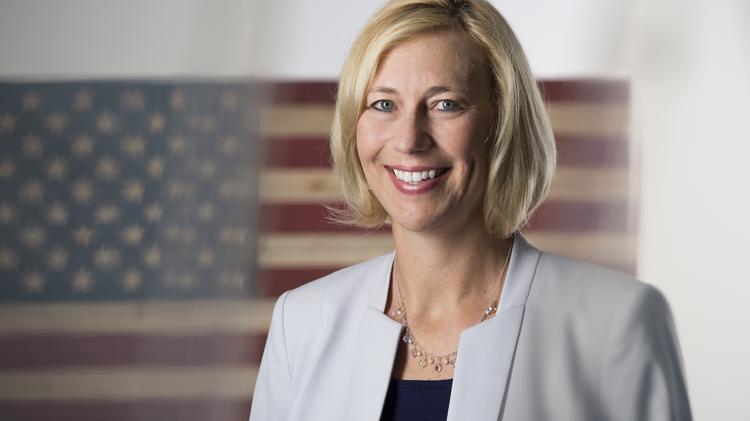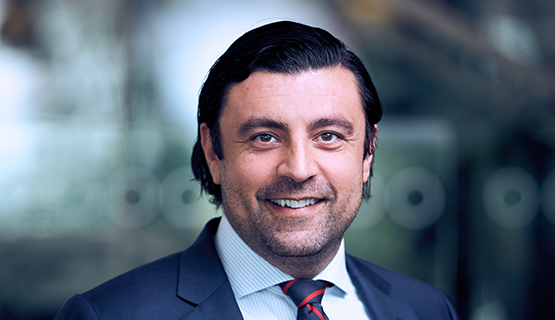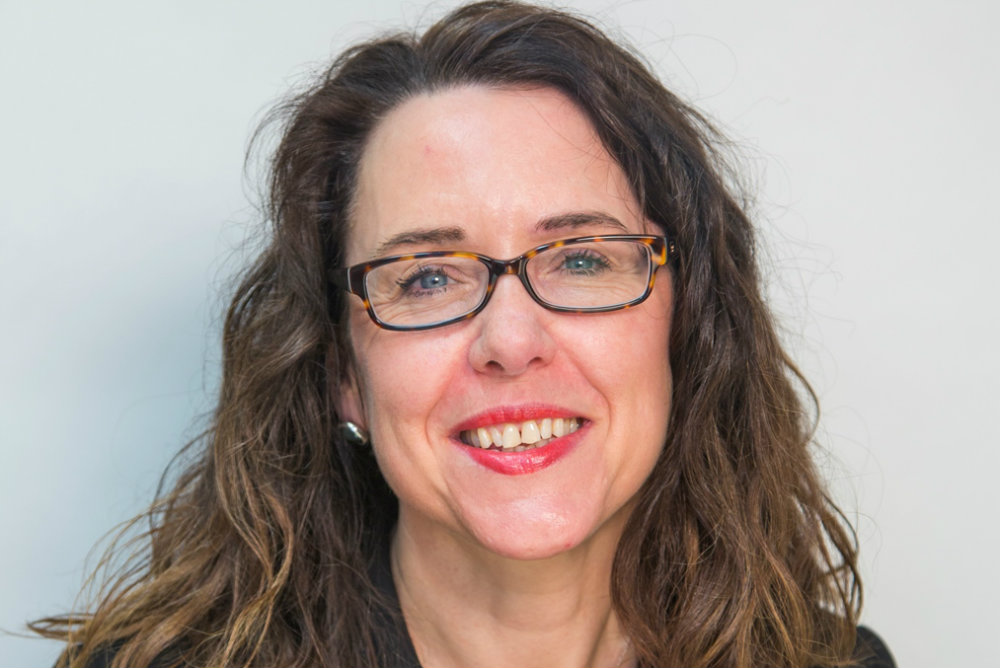
In this edition of The GC Index People Leader Series Dr GC interviews Sharon Kemp, CEO for Rotherham Metropolitan Borough Council.
On the 4th February 2015 Rotherham was rocked by ‘The Casey Report’. Following the publication of a report on the Rotherham child sexual exploitation scandal Dame Louise Casey, DBE CB. was appointed to lead the inspection of the children's services at Rotherham Borough Council.
Casey's report was published on 4 February 2015, and found that the local authority's child sexual exploitation (CSE) team was poorly directed, suffered from excessive caseloads, and did not share information.
The Secretary of State for Communities and Local Government, Eric Pickles, said the local authority was "not fit for purpose", and announced proposals to remove its control from the councillors and give it to a team of five appointed commissioners. The Labour Party leader, Ed Miliband, said that his party had "let people down in Rotherham".
With the 5 Commissioners in place and power suspended - they needed and Chief Executive. Sharon took that role.
You were appointed to the role and four years on you’re still there and it’s been a very successful four years! How do you measure the success and how significant the change has been?
Well we could talk about the government intervention, the powers coming back and the Ofsted ratings, but the reality of the changes is that when I talk to the community we talk about the aspirations of the young people in our community, quality of life and most often they talk about the potholes, our highway programme and the changes and improvements that we’ve made with the potholes and where they’d like to see more changes. It’s now very much the normal engagement between a council that’s responsible for a number of functions rather than the very tragic stories from 2015.
You have a very strong Play Maker profile. Play Makers think in terms of ‘we’ rather than ‘I’; so, from the ‘I’ perspective how has this Play Maker approach to leadership reflected in your success?
When I arrived at Rotherham everybody on the senior leadership team was new, so we had to create a team very quickly to be able to lead the organisation and to work with other teams, like the commissioners, who were reporting back to government and scrutinising us. We had to work with the newly elected members to support them in their role and create partnerships with other key players in the borough.
So that piece around Play Makers being able to create a team and work in different teams really played to my strengths. As a Play Maker, the collective endeavour and the moral purpose, which is actually the inspiration and motivation, was very clear in Rotherham. We were very clear that we wanted to see improvements and we wanted a very different council that people could trust and have confidence in. So to create a team with a real moral purpose and that brought together the different interventions from government was really important. We had interventions in children services and we had an intervention in the rest of the council.
I saw the danger that we could be good in one and fail in the other and actually all those services wrap around communities and families so unless we did both of them well, we weren’t going to be successful. So, being able to think about the team and being able to create that collective endeavour to see benefit for all the stakeholders in the borough was a real opportunity; whilst challenging at times, to allow us to play to the strengths of having a Play Maker profile in the Chief Exec.
So that piece around Play Makers being able to create a team and work in different teams really played to my strengths. As a Play Maker, the collective endeavour and the moral purpose, which is actually the inspiration and motivation, was very clear in Rotherham. We were very clear that we wanted to see improvements and we wanted a very different council that people could trust and have confidence in. So to create a team with a real moral purpose and that brought together the different interventions from government was really important. We had interventions in children services and we had an intervention in the rest of the council.
I saw the danger that we could be good in one and fail in the other and actually all those services wrap around communities and families so unless we did both of them well, we weren’t going to be successful. So, being able to think about the team and being able to create that collective endeavour to see benefit for all the stakeholders in the borough was a real opportunity; whilst challenging at times, to allow us to play to the strengths of having a Play Maker profile in the Chief Exec.
What does it tell us about you, who you are and your values?
One of the things I did very early on was to ban the word culture. Because everybody talked about culture as if someone else created it so we did a lot of work with our staff around the idea of “When we are at our best what do we do?”. That was how we created our values and our behaviours.
You can call out a behaviour, you can see it and you can feel it. You can say “When you did that this is how it made me feel”. We focus very strongly on that because we had a lot of very good staff that had been let down by a failure in leadership and, in fact, the staff that were most traumatised were the ones who were our hidden gems in the organisation and by focusing on the values and the behaviours we were able to re-energise people around that purpose.
We talk about values and behaviours and it’s easy to do so but it is a lot harder to live them. I received an email one day from one of my team asking me whether I knew where the pens were that were Rotherham marked because they wanted to give them to a local school. The school had some children who had won a computer coding competition and as a result were going to America.
I’d been saying to staff about being tenacious and not letting go and when I received this email, in the spur of the moment, my first thought was ‘bloomin’ heck can they not find some pens’. I caught myself and thought this person has actually tried to do something, they’ve not given up, they come to me and I know where the pens are, they are outside my office in a box.
So, I sent a nice email back saying ‘thank you so much for making sure our young people get these mementos. I’ve got a box and we’ll get them dropped off’.
A week later I had an email from the school’s head teacher saying thank you for the box of pens and that their young people were so excited they’ve created a video for us. I sent one back saying that it was brilliant, let me know how the children got on, to wish them all the best of luck and it’d be great to meet them.
So when they’d come back from the US we had them in to the offices. It was a great session. The person who’d been getting the pens for them came along to support the day, as did one of the childrens’ mothers who happened to work for the council. We then arranged for them to go the advanced manufacturing part where we have McLaren, Boeing and the UK Atomic Energy Agency so the children could see the careers available to them in Rotherham if they carried on with their computer coding.
It was a really powerful moment for me that really drove home that I am a very values driven person and that I absolutely believe in creating teams and because I was busy in the spur of the moment I could have missed that opportunity. Thankfully I caught myself. It’s those small powerful examples that, when multiplied across an entire organisation, drive a different engagement and behaviour with our communities.
You can call out a behaviour, you can see it and you can feel it. You can say “When you did that this is how it made me feel”. We focus very strongly on that because we had a lot of very good staff that had been let down by a failure in leadership and, in fact, the staff that were most traumatised were the ones who were our hidden gems in the organisation and by focusing on the values and the behaviours we were able to re-energise people around that purpose.
We talk about values and behaviours and it’s easy to do so but it is a lot harder to live them. I received an email one day from one of my team asking me whether I knew where the pens were that were Rotherham marked because they wanted to give them to a local school. The school had some children who had won a computer coding competition and as a result were going to America.
I’d been saying to staff about being tenacious and not letting go and when I received this email, in the spur of the moment, my first thought was ‘bloomin’ heck can they not find some pens’. I caught myself and thought this person has actually tried to do something, they’ve not given up, they come to me and I know where the pens are, they are outside my office in a box.
So, I sent a nice email back saying ‘thank you so much for making sure our young people get these mementos. I’ve got a box and we’ll get them dropped off’.
A week later I had an email from the school’s head teacher saying thank you for the box of pens and that their young people were so excited they’ve created a video for us. I sent one back saying that it was brilliant, let me know how the children got on, to wish them all the best of luck and it’d be great to meet them.
So when they’d come back from the US we had them in to the offices. It was a great session. The person who’d been getting the pens for them came along to support the day, as did one of the childrens’ mothers who happened to work for the council. We then arranged for them to go the advanced manufacturing part where we have McLaren, Boeing and the UK Atomic Energy Agency so the children could see the careers available to them in Rotherham if they carried on with their computer coding.
It was a really powerful moment for me that really drove home that I am a very values driven person and that I absolutely believe in creating teams and because I was busy in the spur of the moment I could have missed that opportunity. Thankfully I caught myself. It’s those small powerful examples that, when multiplied across an entire organisation, drive a different engagement and behaviour with our communities.
Again, you talk alot about the ‘we’ rather than the ‘I’ and it’s clear there is a greater sense of ‘we’ at Rotherham Council now of people being a part of something that they all care about. You were thrilled when Rotherham council was restored to full powers last year.
Yes, last year before full powers were restored, we had an independent review. As a part of that independent review they went and interviewed partners, spoke to various staff members and interviewed people from right across the community. From the feedback they said that the council had all the attributes of a good council. But the thing that meant everything to me was that they said the council had restored its moral compass. We could have had all the systems, policies and processes but if it’s not connected with actually engaging with the local community and having a moral approach then you will not get the best and won’t be serving the public that we are there to serve. Seeing that in the report was really powerful.
That’s the difference for me between being effective and actually being inspirational and being able to help people live their dreams. If you have a moral compass in the organisation then no matter where you get changes in leadership or where you get changes in policy and legislation that is the thing for me that’s most importance – to safe guard the organisation for the future.
That’s the difference for me between being effective and actually being inspirational and being able to help people live their dreams. If you have a moral compass in the organisation then no matter where you get changes in leadership or where you get changes in policy and legislation that is the thing for me that’s most importance – to safe guard the organisation for the future.
Back in 2015, to their credit, the commissioners and the selection panel realised they needed a Play Maker, someone to restore the faith in the community and in the council….. you’ve done that.
That’s difficult, I would still say ‘we’ there rather than ‘I’. As a Chief Executive within a council, a part of the democratic process, my role is to be able to have an organisation that provides advice and enables the democratically elected politicians to make robust decisions. Therefore, as a Play Maker to understand my role as a public servant being able to support and guide elected members is really important as ultimately, they are the decision makers.
Interviewed by – The GC Index

